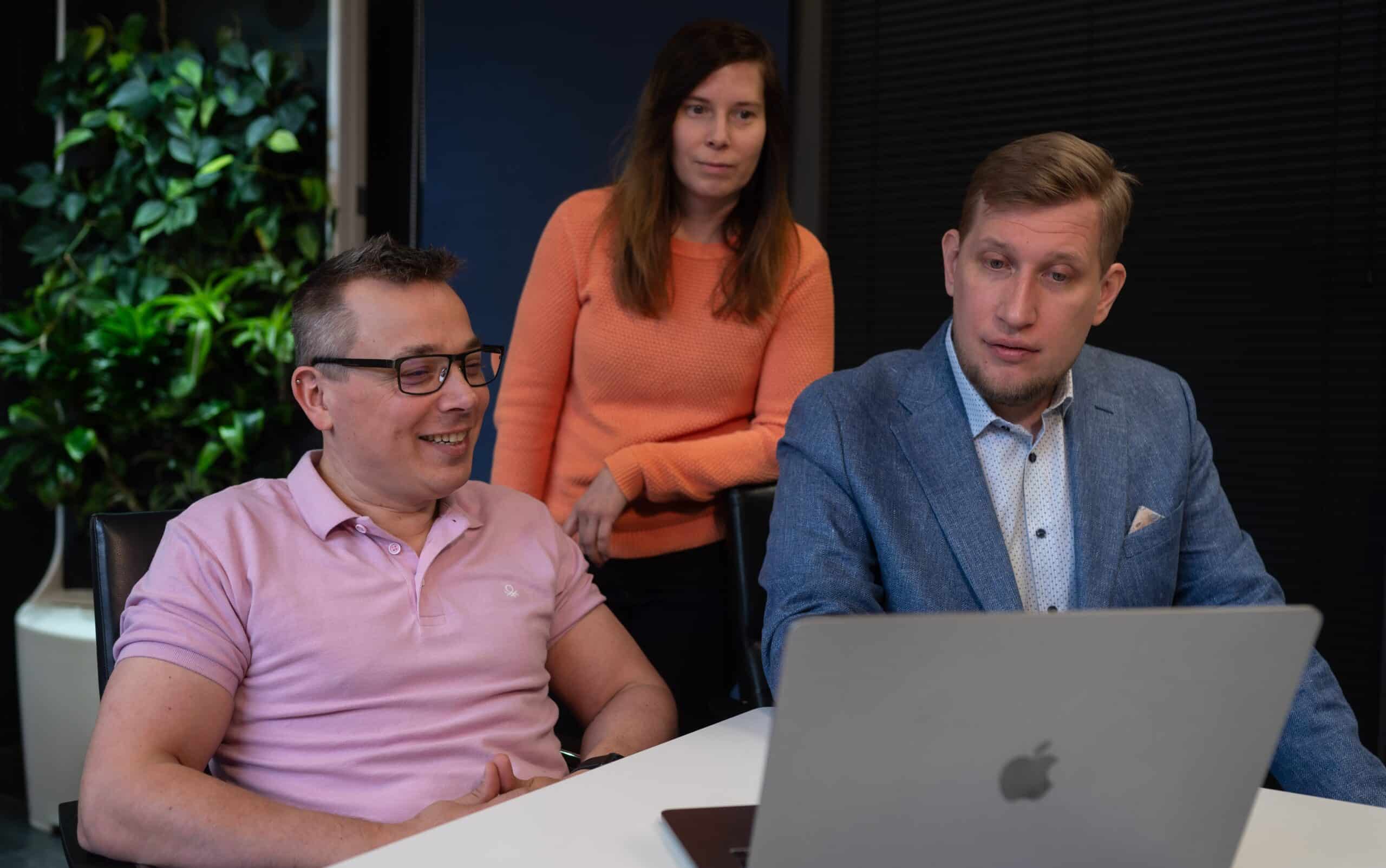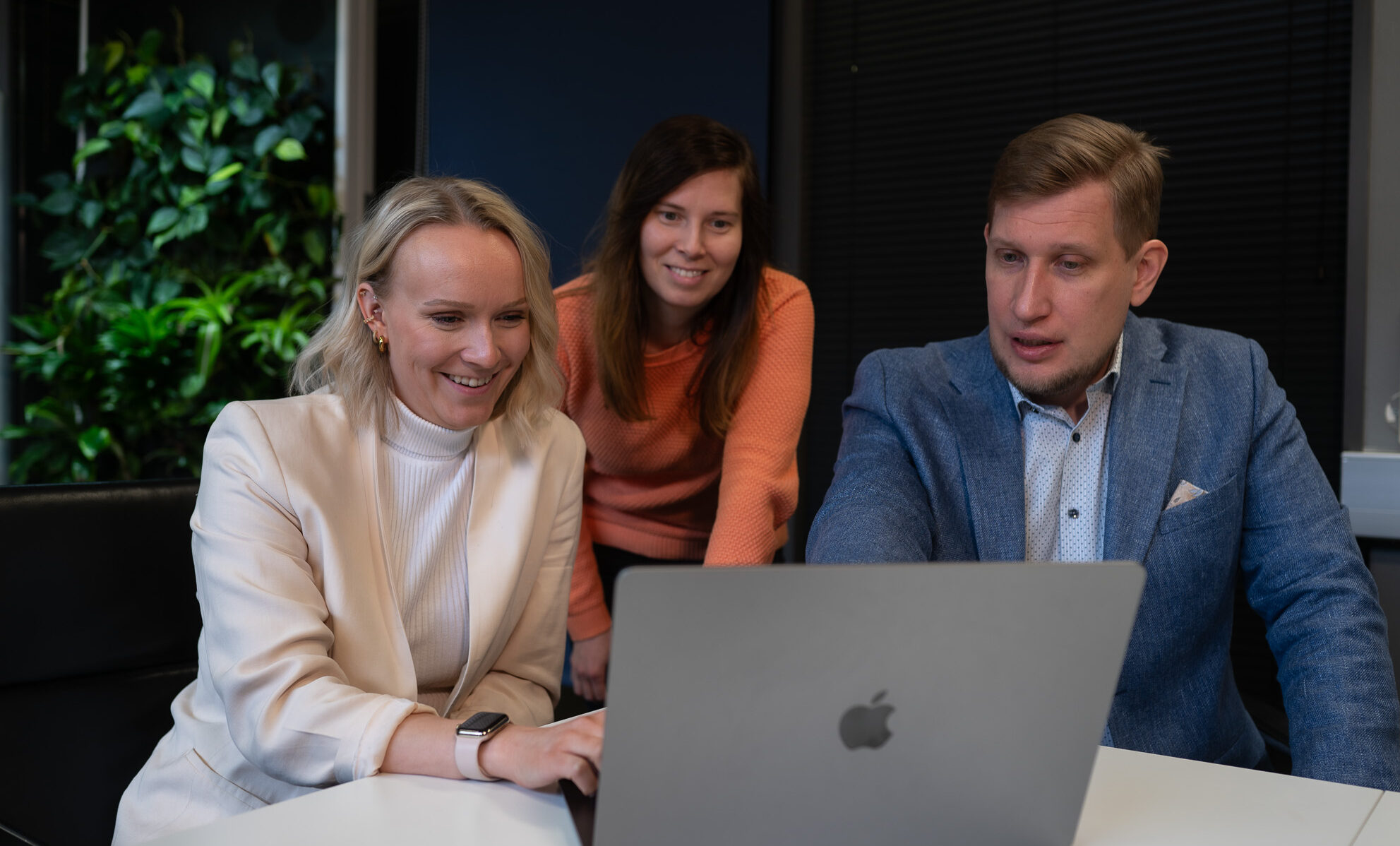
Fix accessibility problems at the (open) source
Accessibility is an important topic for people responsible for the profits and expenses of the web world – somewhat dependent on the nature of the actor. A lot of web commerce sites would do well welcoming the money from those clients who benefit from improved accessibility, while the public sector, that has no direct income, is bound by the law to provide accessible services. Faced with ever-tightening budget constraints, decision-makers may wonder about the most effective ways to improve accessibility. The easy answer is of course – have someone else do it, and for free.
The content of the internet today consists of a multitude of services, platforms and frameworks. While there are several strictly commercial companies with successful products, the majority of the internet we see today has its base on open source software. About two thirds of all the websites are built on open source software content management systems (CMS). The overwhelmingly biggest player in the field is WordPress, while Drupal is a strong second for large and complex sites.
Open source code is free to distribute and modify within the limits of it’s license. This has usually resulted in the software being developed and maintained by online communities. And the communities take the accessibility of their products seriously.
In the recent past I myself have spoken at both WordPress and Drupal developer community events and Drupal is a CMS where I contribute to accessibility and usability regularly. At Drupal’s chat forum the accessibility channel has 1560 participants ranging from developers interested in accessibility to hard-core accessibility professionals – some of whom are currently also working on the next generation of the international web content accessibility guidelines, WCAG 3. Drupal has also a monthly live online meeting on accessibility where one can present issues or ask questions. This is one of the ways to share accessibility knowledge in the community.
A typical website, depending on the complexity, has a development team of just a few people. While a lot of developers today have some level of accessibility skills, not all projects have an actual accessibility specialist in their team. This is where the community shows its power. Accessibility is always easier when done right from the beginning, instead of fixing afterwards based on testing the otherwise ready product. When the CMS of choice has gone through accessibility testing before being released as an installable distribution. A lot of the work has already been done by the community. And if (or more likely when) new issues arise during the individual site’s development, the community is available for advice on best practices and fixing newly found issues.
The community will help you to fix accessibility, but it is a two way road. When working on a project, every once in a while you come up with big or small accessibility issues that can be fixed at the source. These can be for example administration theme issues or maybe even some core JavaScript. When you or your team fix such an issue on your production site, make sure to give your code back to the CMS project core – or if the finding was about a contributed open source module to its source code. This way the effect of your finding will have a much bigger impact all over the Internet.
Just this spring my team, in which we develop and maintain a small number of university services, two of which use Drupal 10, identified three small accessibility issues that were part of the Drupal core. As we fixed the accessibility for our sites I made merge requests to Drupal core. This way we not only contributed to Drupal development but also got additional review for the code and even some advice on how to best implement the solutions proposed by our team’s web accessibility specialist in the Drupal core context. I even learned how to write my first Nightwatch.js test for the feature – something I probably wouldn’t have ended up doing if we had only fixed the issue on our own projects.
Now that our three small accessibility fixes have been merged to Drupal core, by the time sites have updated to the latest bug fix releases, we have contributed to one in eight enterprise web sites around the world. In small steps, we can make the world a better place. This is open source at its best.
Simo is member of Drupal UX team and following accessibility issues. He is also member of W3C Cognitive Accessibility Community Group, W3C Nordic Accessibility Group and IAAP.

